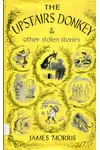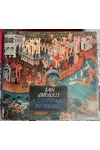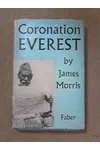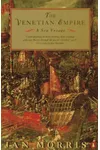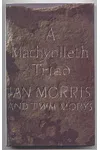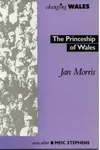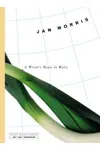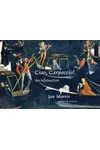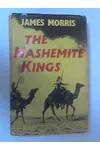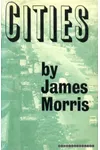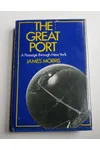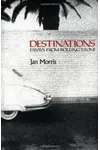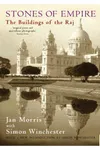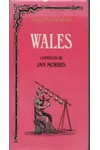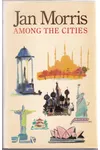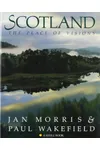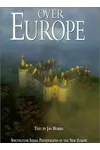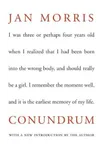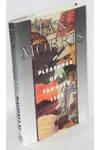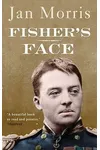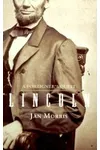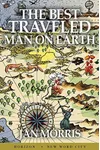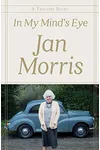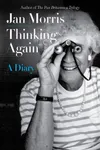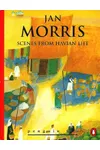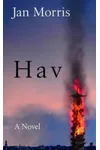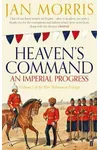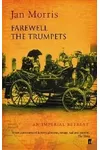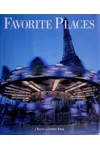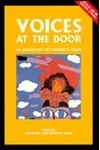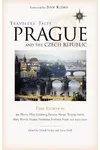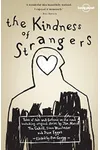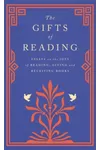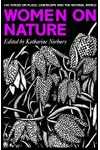Picture a Welsh storyteller who spun cities into symphonies and history into vivid tales—meet Jan Morris! A trailblazing travel writer, historian, and author, Morris captivated readers with her lyrical prose and fearless spirit. From her monumental Pax Britannica trilogy to her groundbreaking memoir Conundrum, she reshaped 20th-century travel literature and shared her remarkable journey as a trans woman with unflinching honesty.
Born in 1926, Morris lived a life as vibrant as her words, blending adventure, identity, and artistry. Her work invites you to wander the world through her eyes—let’s explore her story!
The Making of Jan Morris
Jan Morris was born James Humphrey Morris in Somerset, England, to a Welsh family, with roots in Clevedon. Her early years were marked by a love for storytelling and exploration. After serving in the British Army during World War II, she carved a path in journalism, covering historic events like the first Everest ascent in 1953 for The Times. This blend of curiosity and narrative flair set the stage for her illustrious career. By the 1950s, Morris was already a celebrated writer, but her personal journey of gender transition would add profound depth to her work.
Jan Morris’s Unforgettable Stories
Morris’s bibliography is a treasure trove of travel writing, history, and memoir, distinguished by her poetic style and keen eye for detail. Her magnum opus, the Pax Britannica trilogy (1968–1978), chronicles the rise and fall of the British Empire with elegance and nuance, earning acclaim for its sweeping scope and vivid storytelling. Books like Heaven’s Command and Farewell the Trumpets remain essential for history buffs.
Her travel writing, including Venice (1960) and Trieste and the Meaning of Nowhere (2001), transforms cities into living characters. Venice, a love letter to the lagoon city, blends history and atmosphere with a painter’s touch. Meanwhile, Conundrum (1974), her candid memoir about transitioning in the 1970s, broke new ground, offering a deeply personal yet universal reflection on identity. Morris’s prose—lyrical, witty, and intimate—invites readers to see the world anew, whether she’s describing a bustling market or her own heart.
Her versatility shone in essays and lesser-known works like The World of Venice and Coronation Everest, which capture her knack for blending fact with feeling. Morris didn’t just write about places; she inhabited them, making her a beacon for wanderers and dreamers alike.
Why Jan Morris Matters
Jan Morris’s legacy transcends genres. Her travel writing redefined the form, elevating it from guidebooks to literary art, while her historical works brought empires to life with humanity and wit. Conundrum remains a landmark in transgender literature, offering courage and clarity to countless readers. Her ability to weave personal and universal themes made her a voice for the curious and the courageous.
Morris’s influence endures in writers who chase authenticity and in readers who crave connection. She showed that storytelling could bridge worlds—geographic, cultural, and personal. In 2020, her passing marked the end of an era, but her words continue to inspire exploration and self-discovery.
About Jan Morris
- Born: October 2, 1926, Clevedon, England
- Died: November 20, 2020, Wales
- Key Works: Pax Britannica trilogy, Venice, Conundrum, Trieste and the Meaning of Nowhere
- Notable: Transitioned in the 1970s; awarded the Golden PEN Award
Ready to wander with a literary legend? Snag Venice or Conundrum and dive into Jan Morris’s dazzling world of words!
